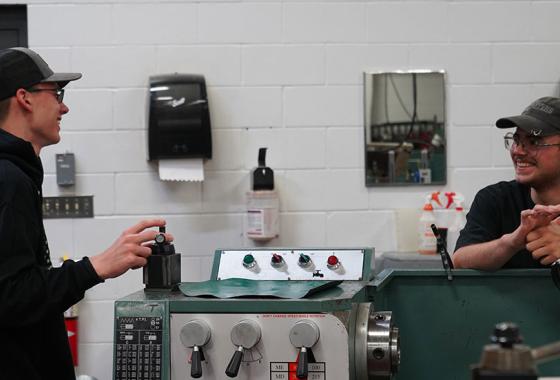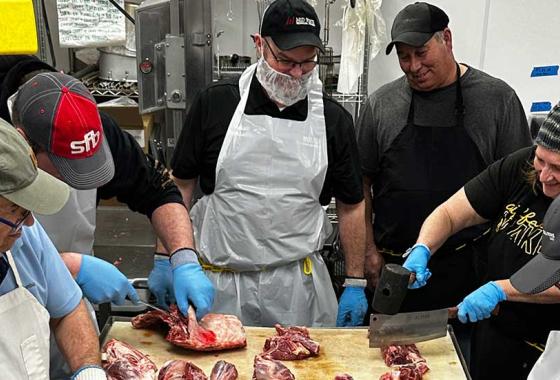Mid-State Board adopts 2018–19 budget
July 17, 2018 – Mid-State Technical College’s Board of Directors adopted its 2018–19 budget following a public hearing during their June 18 meeting in Wisconsin Rapids. The annual budget went into effect on July 1, 2018.
The new General Fund Operations budget is $30.1million, a $1,095,000 decrease from the amended 2017–18 Fiscal Year budget. The operational budget was prepared with the assumption of steady enrollments as compared to 2017–18.
As in years past, College administrators were tasked with developing a budget that balances the needs of its students and communities with available budgetary resources. The higher education industry is also in a state of rapid change, and Mid-State has aggressively sought to address that change through its Strategic Directions and 2020 Vision, key drivers throughout the budget development process.
"We are proud of our ongoing commitment to a budget that allows us to pursue opportunities and develop relevant programs and services while always being driven by our mission to enhance student success and meet the needs of our local businesses,” said Mid-State president Dr. Shelly Mondeik.
According to Robb Fish, vice president of finance and facilities, the College’s mill rate is projected to increase 7 cents per $1,000 of equalized property value, increasing the tax bill for a $100,000 home from $88.78 last year to a projected $95.79 in the coming year. Mid-State poses a considerably lower impact than other taxing authorities because the College serves a broad tax base of 97 municipalities in all or parts of Adams, Clark, Jackson, Juneau, Marathon, Portage, Waushara and Wood counties.
"This budget funds our ongoing work to offer innovative programs and access to world-class technology, facilities and services," said Fish. "With this budget, we can continue to produce confident, in-demand graduates to meet the growing need for skilled professionals in central Wisconsin."






